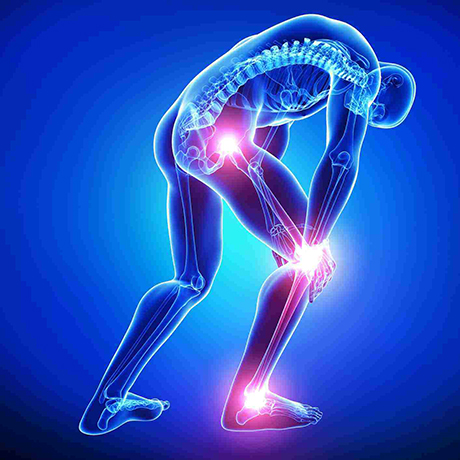Empowering Recovery Via Physical Treatment Post Surgery
Empowering Recovery Via Physical Treatment Post Surgery
Blog Article
Rehabilitating from surgery can be a challenging process, but physical therapy plays a vital role in helping individuals regain their power and mobility. After the procedure, the body needs time to heal, and rehabilitation provides a structured approach to healing. This process not only centers on bodily rehabilitation but also emphasizes the significance of mental well-being. By participating in physical therapy, patients can enable themselves to manage of their healing and improve their overall standard of life.
Rehabilitation after surgery typically begins with an assessment by a certified physical therapist. This expert assesses the patient's status, including their range of motion, strength, and discomfort levels. Based on this assessment, a personalized treatment plan is created. This plan may include exercises to improve flexibility, muscle-building to restore muscle, and methods to improve balance and stability. The therapist will guide the patient through these exercises, ensuring they are performed safely and effectively. This tailored approach helps patients progress at their own speed while meeting their specific requirements.
One of the key benefits of physical therapy is pain management. After surgery, many patients feel discomfort or pain, which can hinder their ability to move and engage in daily tasks. Physical therapists use different methods, such as manual therapy, modalities like heat or ice, and specific exercises, to discover here help reduce pain. By controlling pain efficiently, patients can engage more fully in their recovery exercises, leading to quicker recovery. Additionally, understanding how to manage pain can enable patients to assume an engaged role in their healing process.
Another crucial aspect of rehabilitation is instruction. Patients are taught about their condition, the healing process, and the importance of following to their recovery program. This understanding helps patients comprehend what to anticipate during healing and the role they play in their own healing. Physical therapists also offer guidance on how to adjust daily activities to prevent further harm and encourage healing. This informative component fosters a sense of independence and assurance, allowing patients to feel more empowered of their recovery journey.
In summary, rehabilitation is an integral component of healing after an operation. It not only aids in bodily rehabilitation but also promotes mental and emotional well-being. Through customized treatment plans, pain management methods, and informative support, rehabilitation enables patients to manage of their healing. By proactively participating in their recovery, individuals can recover their strength, enhance their movement, and enhance their overall quality of life. Accepting physical therapy after an operation can result to a positive and fulfilling healing experience.